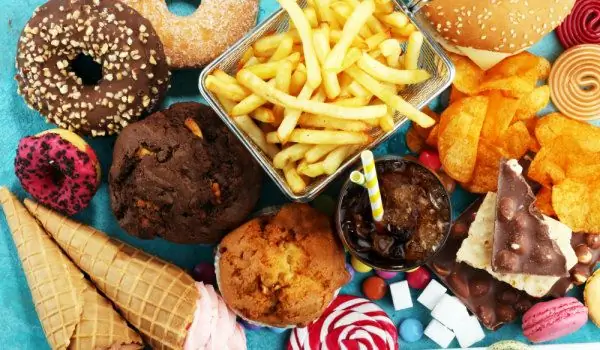2025 Author: Jasmine Walkman | [email protected]. Last modified: 2025-01-23 10:18
Ripe legumes are considered one of the most useful food products for humans. Cooked beans contain a large amount of protein, carbohydrates and fats.
In fact, the proteins in lentils, and especially soy, are similar in composition to those in meat.
Soy, for example, contains 36.5 g% protein. That is - twice as much protein than beef. It also contains 15.5 g% fat and 26 g% carbohydrates.
Of all the legumes, it is also the richest in vitamins and minerals. Its sprouts contain a significant amount of vitamin C.
Soy also has a sufficient amount of lecithin. This substance plays an important role in the normal growth of the body and the smooth functioning of the nervous system. That is why it is a suitable food for teenagers and people with problematic nerves. However, keep in mind that overdoing it is contraindicated, as it contains a lot of fat.

Lentils, in turn, are rich in iron, vitamin B1 and lecithin. It is especially useful for patients with anemia. It is also recommended in smaller amounts for people with liver problems.
Green beans are also one of the best representatives of legumes. It contains little protein and carbohydrates, but at the expense of a significant amount of vitamins C, B2 and carotene. Experts recommend it as an extremely suitable food for diabetics due to its low carbohydrate levels. Suitable food is also for people suffering from kidney and liver diseases.
Green peas are twice as rich in fat as green beans. In addition, it contains traces of fat and a lot of carbohydrates. It is also rich in B vitamins, vitamin C and lecithin.

Legumes are also very useful for the skeletal system. Boiled, they are rich in valuable minerals - phosphorus, potassium, magnesium, iron.
They are rich in vitamin C. They also contain B vitamins. Peas, soy and lentils also contain carotene.
In case of problems with the gastric mucosa, it is advisable to avoid legumes. They contain a large amount of coarse cellulose and purines, which in addition to irritating the stomach, produces gas.
Recommended:
Avoid These Foods To Protect Your Teeth From Caries And Staining

Dentists have been warning us for years about the harmful effects that candy and chocolate have on our teeth. But there are many other hidden causes of caries, enamel erosion and tooth discoloration. You can hardly believe it, but bottled water is one such food that slowly but surely takes away our beautiful smile.
Which Fruits And Vegetables To Avoid During Pregnancy

Everyone around the pregnant woman tells her what to do or how to do it, what to be careful about, how to eat and any other advice that may be helpful, but pregnant women get tired of listening to them for nine months. After all, there are strictly individual things, there are those that are the same in every pregnancy.
We Eat Less And Less Native Cheese And More And More Gouda And Cheddar

The sale of white brined cheese in Bulgaria is much lower compared to the consumption in 2006, shows an analysis of the Institute of Agrarian Economics, quoted by the newspaper Trud. Consumption of yellow cheese in our country has also fallen.
What Is Cocoa Good For And When To Avoid It

Aromatic cocoa drink in addition to rich taste, there are a number of benefits for the body. The stimulating and tonic effect of cocoa on the body is mainly based on the content of theobromine (1.5% to 2%) and caffeine (from 0.4% to 0.8%).
What Are Empty Calories And Why Should We Avoid Them?

Calorie - this is a unit of energy that is carried by almost all foods. In addition to energy, each product has its own nutritional and biological value, which provides the physiological needs of the body for nutrients. Therefore, their composition must contain proteins, fats, carbohydrates, dietary fiber, essential amino acids, vitamins, minerals, polyunsaturated fatty acids and other nutrients.

